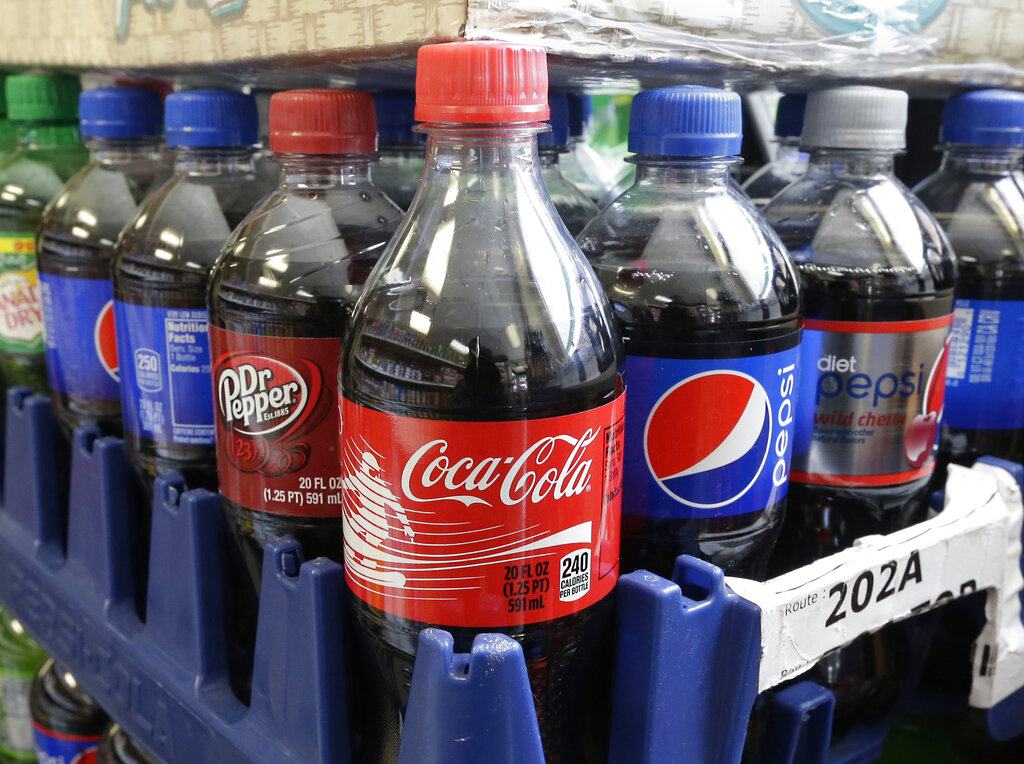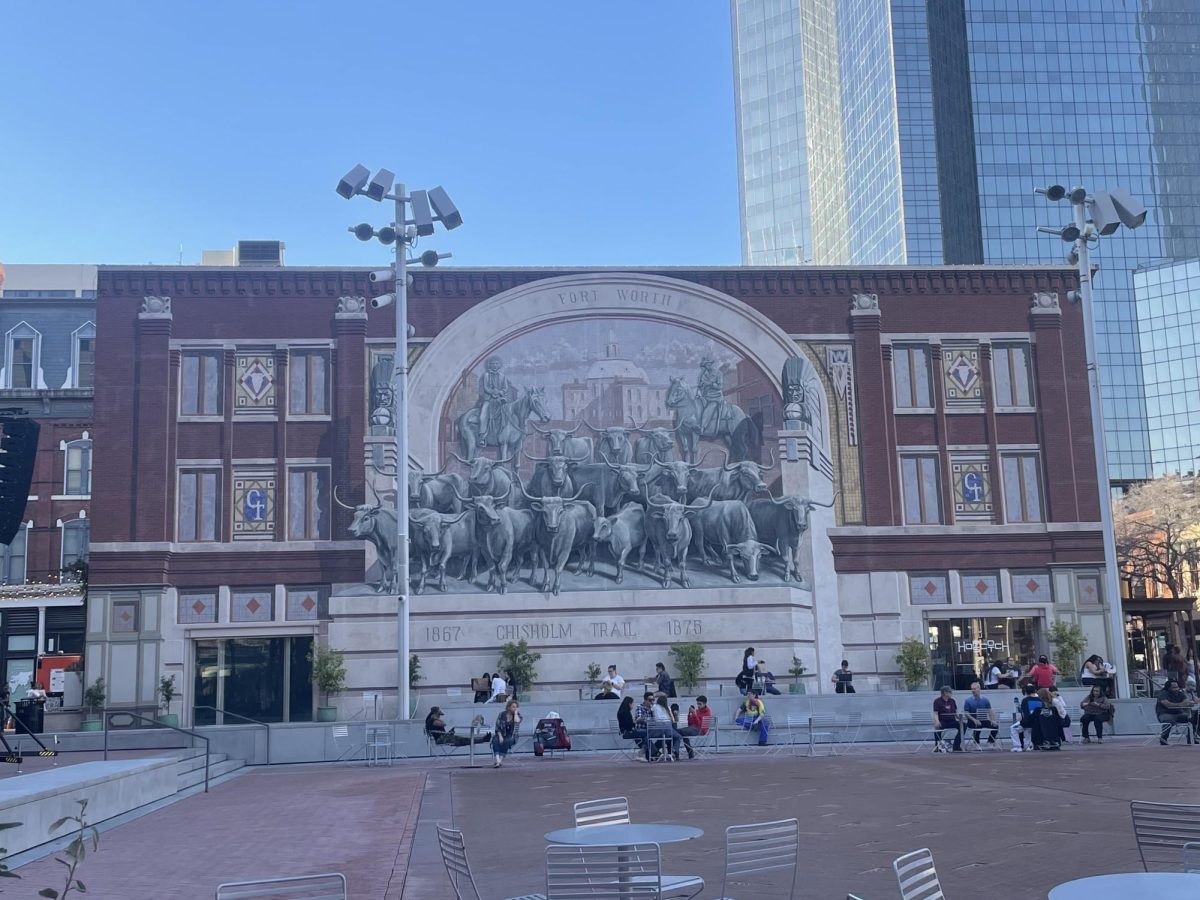The Fort Worth Police Department has a new training facility that is geared towards strengthening the relationship between the department and the community.
The facility, which is located in a large warehouse on the police headquarters’ grounds, holds a replica city. Officers can reenact bank robberies, car chases and home invasions in a controlled environment.
The facility was based on the presumption that it would be used to train officers not only in defense mechanism but in community policing too. Community policing is a strategy of policing that focuses on police building ties and working closely with members of the communities.

“Part of the program is focusing on how officers can bridge the gap with the community,” said Sergeant Amy Ladd, supervisor of the Advanced Training Unit. “How can we work with the community in order to prevent crime and to solve crime because law enforcement can’t do it on our own.”
FWPD also requires all officers to take a class on procedural justice.
Organizational Chart of FWPD
“The focus of the class is for officers to understand that we must treat citizens as human beings with compassion and understanding,” said Ladd.
These measures are all part of a national study conducted by the United States Department of Justice. Fort Worth is one of the six departments in the nation chosen for the study that researches the outcomes of community-based policing.
Ladd said Fort Worth was chosen because it is leading in technology and community policing.
“And they are collecting all of this data to see if the things they instituted in both the problem cities and the cities that are doing well, actually have a lasting impact on the justice system,” said Ladd.
Assistant Chief Ed Kraus said although the advancements in the training warehouse received immense enthusiasm, some officers were initially skeptical of the procedural justice class.
“They think, we are already fair in the way we do our jobs,” said Kraus. “But, we were able to see through the class that maybe what we’re perceiving as fair might not be what the community sees as fair.”
All officers in the FWPD will go through the second phase of the study where they learn about implicit bias in January. Until then, Ladd says they will continue to incorporate community policing both in the training facility and in the community.
Categories:
FWPD one of six departments in U.S. chosen for community policing study
By Riley Knight
Published Dec 6, 2016



